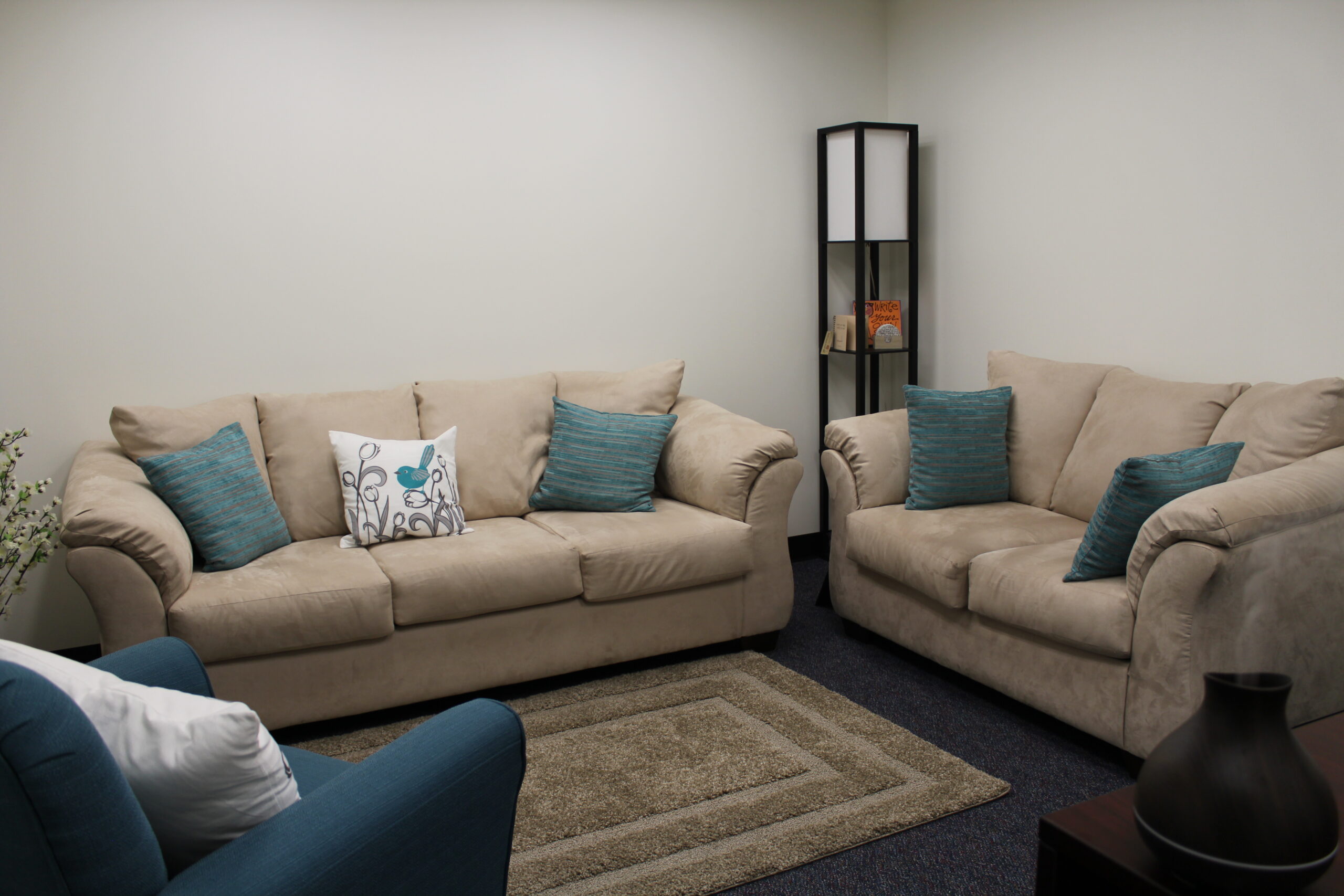Confidential comfort offered here at CSUDH with C.A.P.E., Photo By Darlene Maes
By Darlene Maes, Staff Reporter
With the amount of students and faculty members attending our campus every day of the week, some may still feel alone. When dealing with a personal issue the urge to speak to someone may seem like a last resort. At CSUDH, there is a safe space devoted to supporting individuals both faculty, staff and students who have experienced abuse in different forms. The Center for Advocacy, Prevention and Empowerment (CAPE) serves as a stand-alone department on campus to address issues of interpersonal abuse.
Although our campus offers Title IX, Student Health services and other resources that can benefit those in need, CAPE serves its own defined purpose. It provides confidential support and education to anyone impacted by sexual assault/abuse, intimate partner abuse, stalking, and/or sexual harassment meant to help individuals overcome the impact of abuse to remain successful in professional, academic and personal goals.
The importance of this center development was due to Executive Order 1095 that requires “CSU system schools implement Title IX, the Violence Against Women Act of 2015 (also known as the Campus SaVE Act), and other legislation related to gender or sex-based discrimination, sexual harassment, sexual assault, dating violence, domestic violence, and stalking,” according to the CSUDH policies website.
Mayra Romo serves as the CAPE coordinator and advocate for anyone who needs assistance dealing with abuse. As a coordinator, she assists clients by being a support system in listening, understanding and helping individuals coping with abuse. She assists with situations such as filing a police report, explaining how the court system works for abuse victims, and is a stand-in support system for those in need from all identity backgrounds.
An important focus of CAPE is the language used in order to help those who seek support to properly identify their experience.
“There have been studies on campuses and the barriers for students seeking services,” Romo said. “A result was that they felt the services provided did not apply to their experience. So I am trying to make sure that we overcome that. We will always be transitioning to serve our faculty, staff and students better.”
Although CAPE serves within its own department, it has been given the same credibility of other resources on campus. Romo assures students they are in a safe space and her services are confidential
In an effort to evolve CAPE, Romo applied and was rewarded a grant from the U.S Department of Justice, Office on Violence Against Women last October in order to assist with emergency resources such as transportation and housing.
The main impact CAPE aspires to gain in our campus community is to have a reach and continue to educate individuals on preventative measures and how to address their experiences and feel supported during a difficult time. The importance of having this resource for our campus is that trends are continuously changing and college culture is influenced by so many factors. As a community, it is important we are aware of how CAPE benefits our campus for those who may not have a shoulder to cry on or a person to listen without judgement towards trauma.
CAPE’s next event will be in collaboration with the Women’s Resource Center for the little black dress campaign, an informative event that rejects victim-blaming and supports survivors of sexual abuse. The date is to be determined amid COVID-19 concerns.
With the COVID-19 advisement set in place by President Parham for on-campus meeting and events being cancelled or rescheduled, CAPE remains accessible. For individuals seeking immediate assistance over-the-phone appointments are being accepted and can be made by visiting their website, www.csudh.edu/cape/get-help/confidential-support/.


